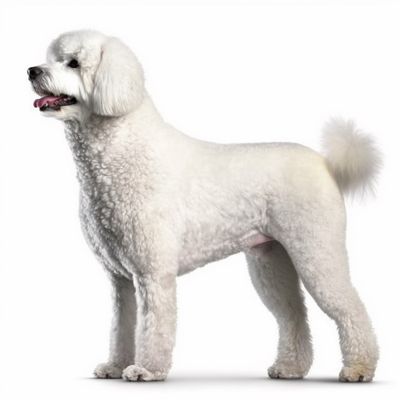Collie - vs - Bichon Frise - vs - Boxer

Collies are elegant and well-proportioned, standing 22-26 inches tall and weighing 50-75 lbs.
Collies have moderate energy levels and enjoy daily walks and playtime, but they're not overly demanding.
Collies require regular exercise, such as walks and playtime, to keep them mentally and physically fit.
Intelligent and eager to please, Collies are easy to train and excel in obedience, agility, and herding activities.
Collies are highly intelligent dogs, known for their problem-solving skills and quick learning abilities.
Collies can adapt to various living situations, but they prefer having access to outdoor space for exercise and play.
Collies are gentle, patient, and loving, making them wonderful companions for children.
Collies usually get along well with other dogs and pets, especially if socialized from an early age.
Collies have a thick double coat that helps them tolerate cold weather, but they still need proper shelter and protection.
Collies can manage in hot climates, but they require shade, water, and limited exercise during the hottest parts of the day.
Collies shed seasonally, with heavier shedding during coat changes. Regular brushing can help minimize shedding.
Collies need regular brushing to keep their coats clean and prevent matting.
Collies have average bark tendencies and may bark for various reasons, such as alerting their owners or during playtime.
Collies are generally healthy, but regular veterinary checkups and preventative care are still necessary.

Bichon Frises are small dogs, weighing 10-20 lbs and standing 9.5-11.5 inches tall.
Bichons have a moderate energy level, enjoying playtime and cuddles in equal measure.
Daily exercise, like walks or playtime, keeps Bichons happy and helps prevent boredom.
Bichons are intelligent and trainable, but may require patience and consistency.
Bichons are smart dogs that enjoy learning new commands, tricks, and problem-solving.
Bichons adapt well to various environments, from apartments to larger homes.
Bichons are gentle, playful, and affectionate, making them excellent companions for children.
Bichons generally get along well with other pets, including dogs and cats, when socialized properly.
Bichons can tolerate cold weather, but it's important to provide proper shelter and warmth.
Bichons can handle warm climates, but ensure they have access to shade, water, and avoid excessive exercise.
Bichons have a low-shedding coat, making them a good option for people with allergies.
Bichons require regular grooming to maintain their curly coats, including brushing, trimming, and bathing.
Bichon Frises have average bark tendencies and may bark for various reasons, such as alerting their owners or during playtime.
Bichon Frises are generally healthy dogs but may still require regular veterinary checkups and preventative care.

Boxers are medium to large dogs, weighing 55-70 lbs and standing 21.5-25 inches tall.
Boxers are energetic, playful, and love engaging in physical activities with their family.
Boxers need daily exercise, such as walks, runs, or playtime to keep them happy and healthy.
Boxers are intelligent, but their independent nature requires patience and consistency in training.
Boxers are quick learners and can excel in obedience training and dog sports.
Boxers can adapt to different living situations but thrive in homes with access to outdoor space.
Boxers are affectionate, patient, and protective, making them wonderful companions for children.
Boxers can get along with other pets, especially when properly socialized from a young age.
Boxers can tolerate mild cold but need extra care in extreme cold due to their short coats.
Boxers can handle warm climates, but make sure to provide shade, water, and avoid excessive exercise.
Boxers have a short coat that sheds moderately, so regular brushing can help minimize shedding.
Boxers have low grooming needs – occasional brushing and bathing will keep them clean and healthy.
Boxers have average bark tendencies and may bark for various reasons, such as alerting their owners or during playtime.
Boxers may have some health issues, requiring regular veterinary checkups and preventative care.



